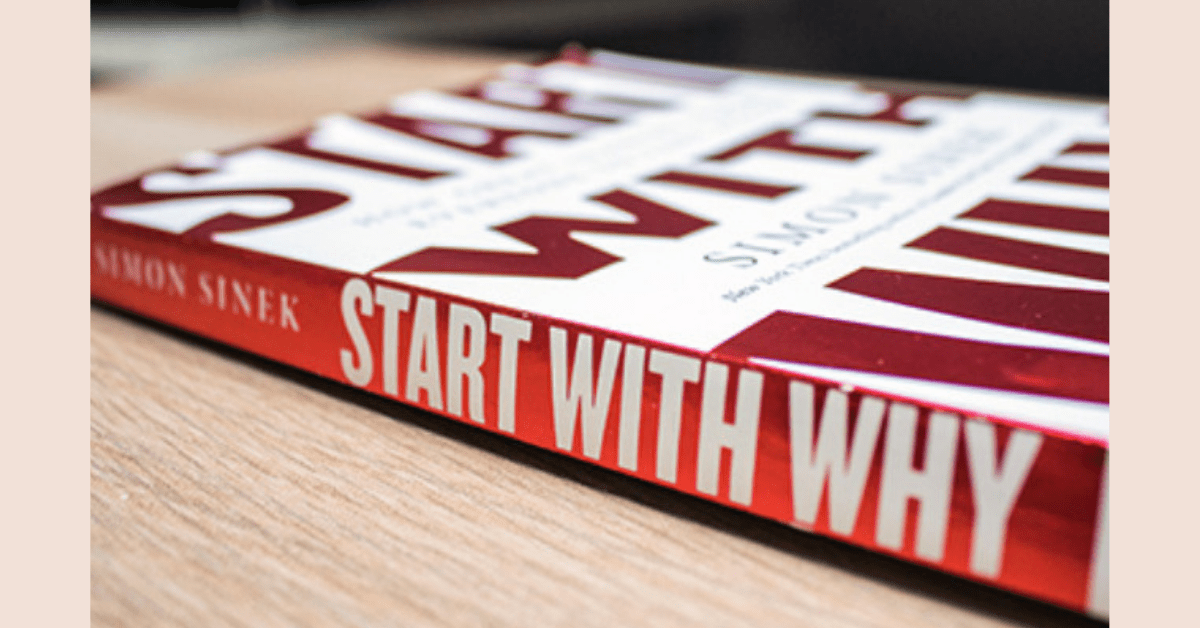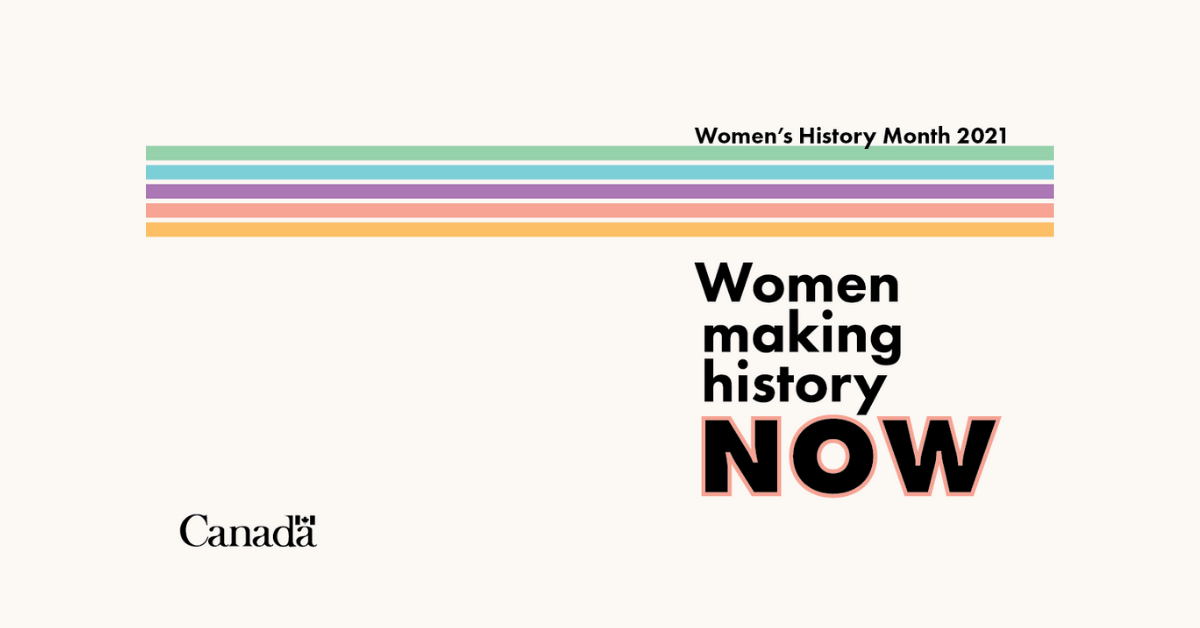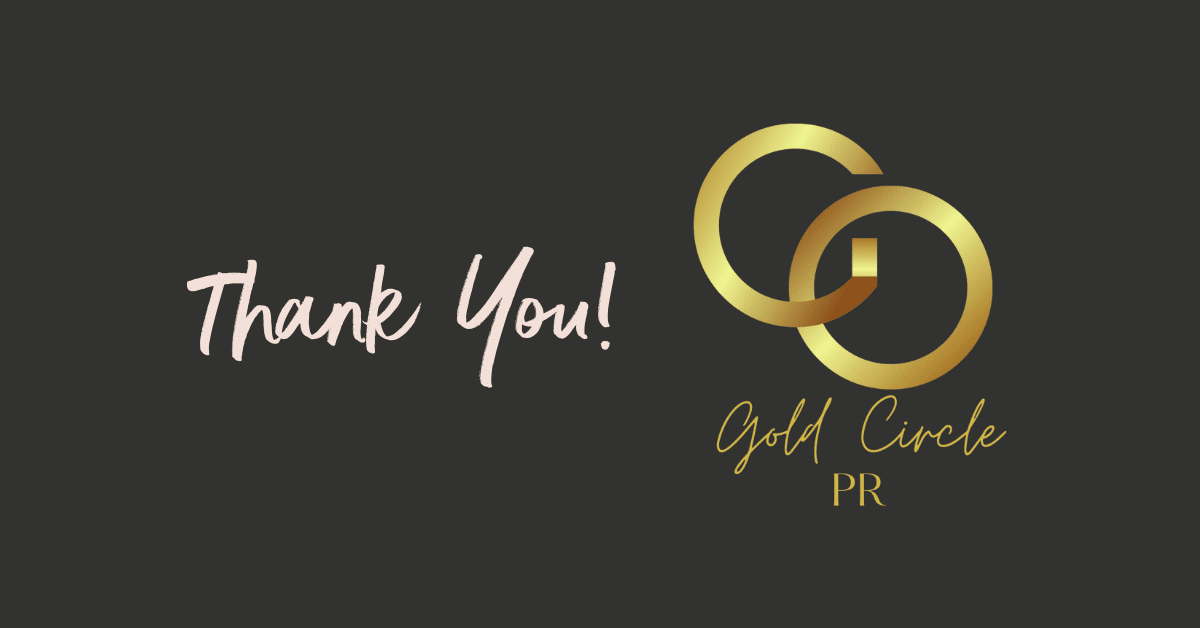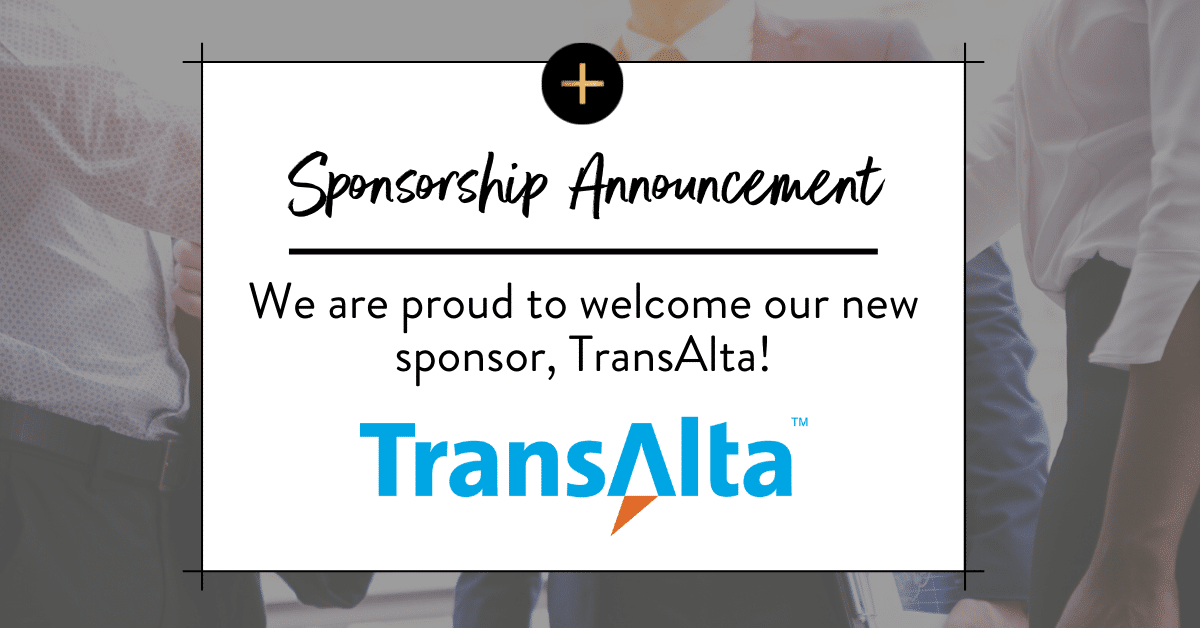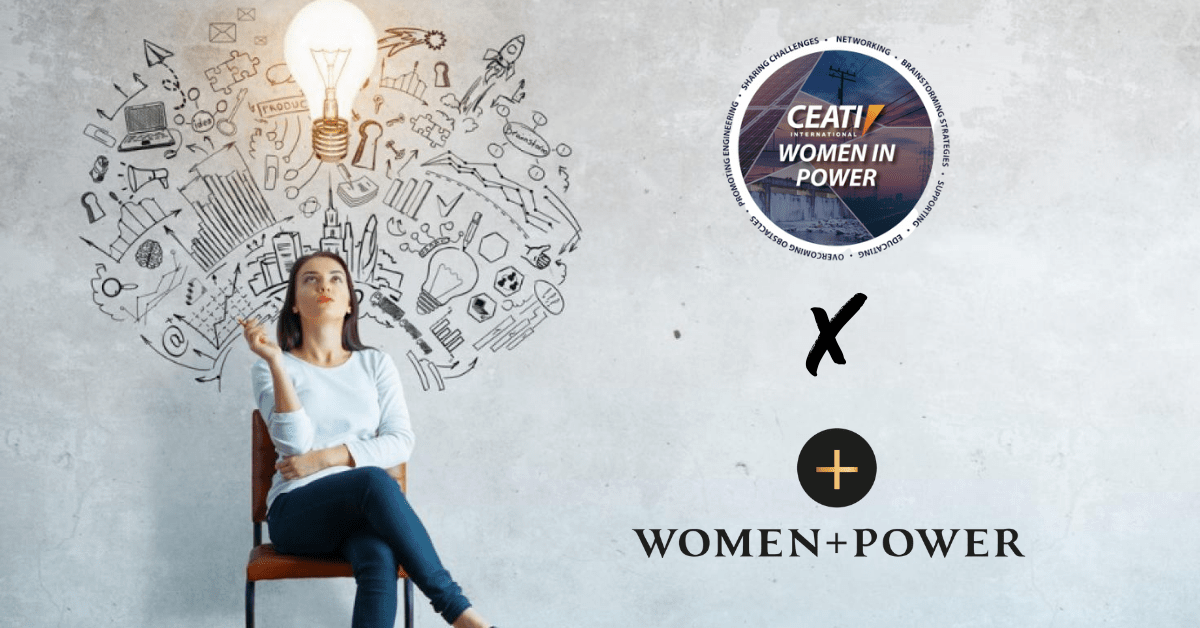Post Author: Sharleen Gatcha, Founder & CEO, Women+Power
Book Author: Simon Sinek
How three letters can change everything: “WHY”. “Why” is not just a word. It’s a powerful concept.
“People don’t buy what you do. They buy why you do it.” – Simon Sinek
If you aren’t familiar with Simon Sinek, he is a speaker, and best-selling author, who gave one of the most-watched TED talks ever about his renowned book “Start with Why”. Check out this video to gain an understanding of what the book is about.
In his book, Sinek discusses the principle behind every successful person and business and demonstrates why leaders guided by this concept will succeed more often than those that don’t. It is a simple but influential model for how leaders inspire action by starting with the question “Why?”.
Sinek calls this phenomenon “The Golden Circle”, which is a communication and leadership framework. The Golden Circle instructs leaders to start by clearly defining and communicating their WHY, followed by recruiting those who can strategize the HOW, and then using WHAT they do as proof of their why.
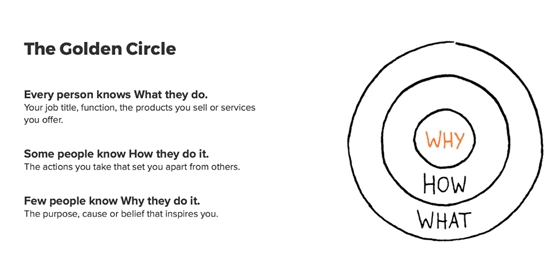
Most people naturally communicate from the outside in. We tell people WHAT we do, HOW we are different or special, and then we expect behaviours like consideration, support or even a job offer to be the result. The problem is that WHAT and HOW do not inspire action. Facts and figures make rational sense, but most people don’t make decisions based on facts and figures. Starting with WHY is what leaders do. Leaders inspire. What inspires you? What values and principles drive your beliefs? Why do you get out of bed in the morning? And why should anyone care?
Sinek cites Martin Luther King as a powerful example of how King’s clarity of WHY, along with his sense of purpose, gave him the strength and energy to continue to fight against seemingly insurmountable odds. King knew what had to change to bring about civil rights in America, and he was absolute in his conviction. It was not just Martin Luther King’s unflappable conviction that was able to stir a population, but his ability to put his WHY into words. Dr. King had a gift. He talked about what he believed. And his words had the power to inspire:
“I believe.”
“I believe.”
“I believe.”
People heard his beliefs and his words touched them deeply. Those who believed what he believed took that cause and made it their own. They told people what they believed, and those people told others what they believed. Some organized to get that belief out more efficiently. In the summer of 1963, a quarter of a million people showed up to hear Dr. King deliver his “I Have a Dream” speech on the steps of the Lincoln Memorial. But how many people showed up for Dr. King? Zero.
They showed up for themselves. It was what they believed. They saw an opportunity to help America become a better version of itself. Being in Washington was simply one of the things they did to prove what they believed. Showing up that day was one of the WHATs to their own WHY. This was a cause and it became their cause.
According to Sinek, the “Why” does not come from looking ahead at what you want to achieve and then figuring out an appropriate strategy to get there. It comes from looking in the completely opposite direction from where you are right now. Finding the “Why” is a process of discovery, not invention.
The “Why” is within you. And once you find and know your “Why”, the hardest part is to remain true to it.
So, what’s your WHY?
Sources:
https://www.ted.com/speakers/simon_sinek
https://simonsinek.com/
https://sinekpartners.typepad.com/refocus/2010/08/movement.html
